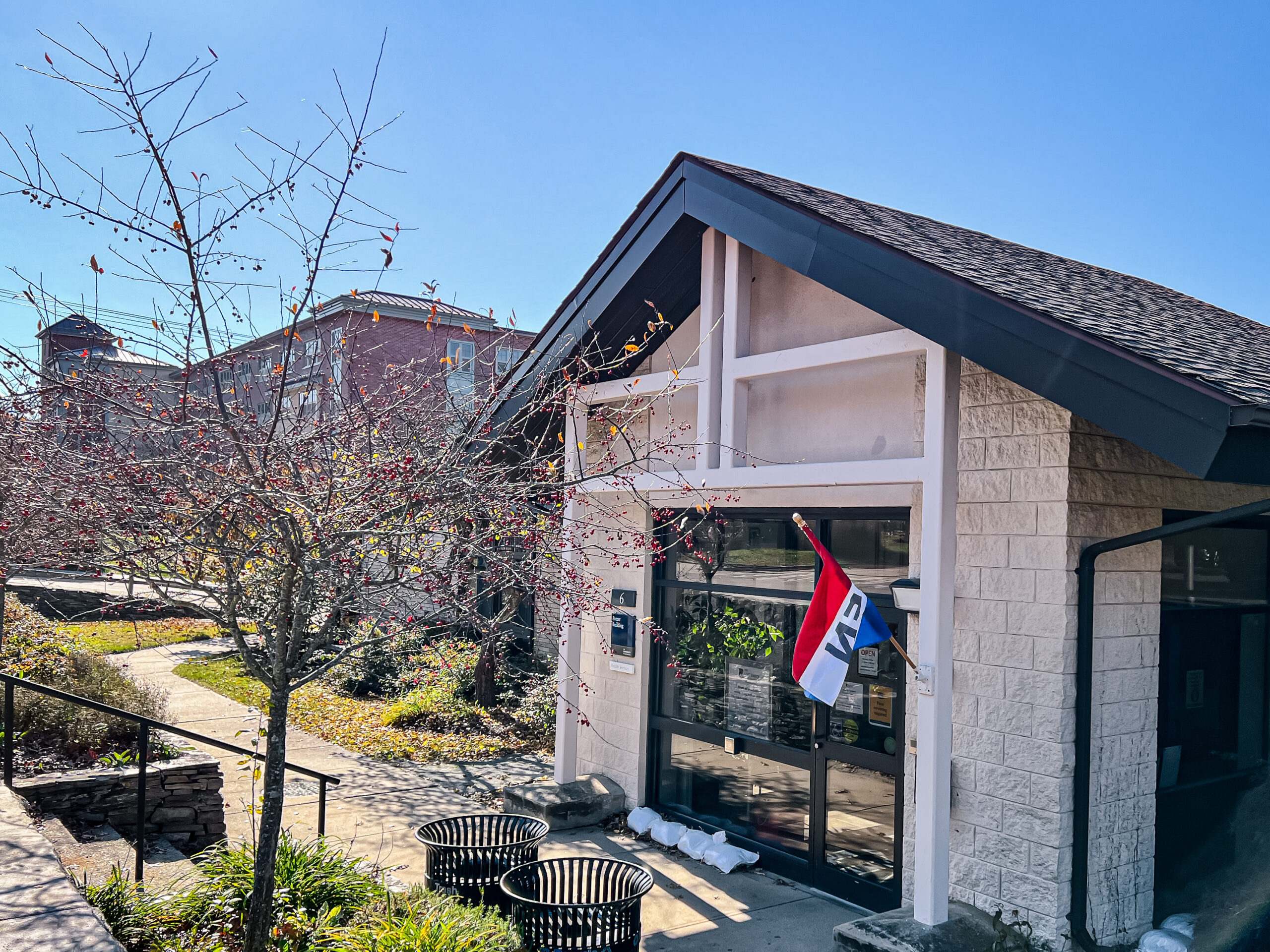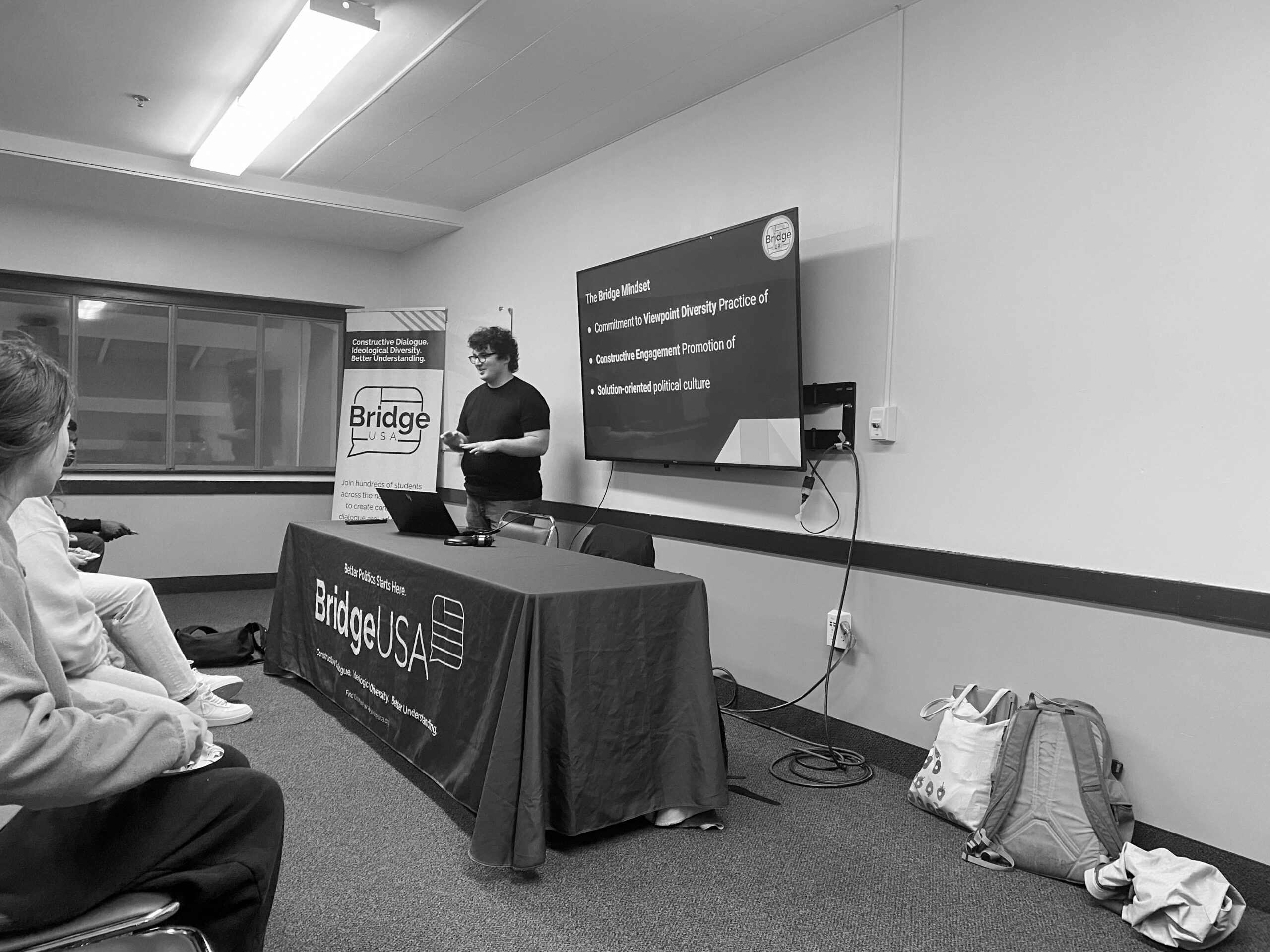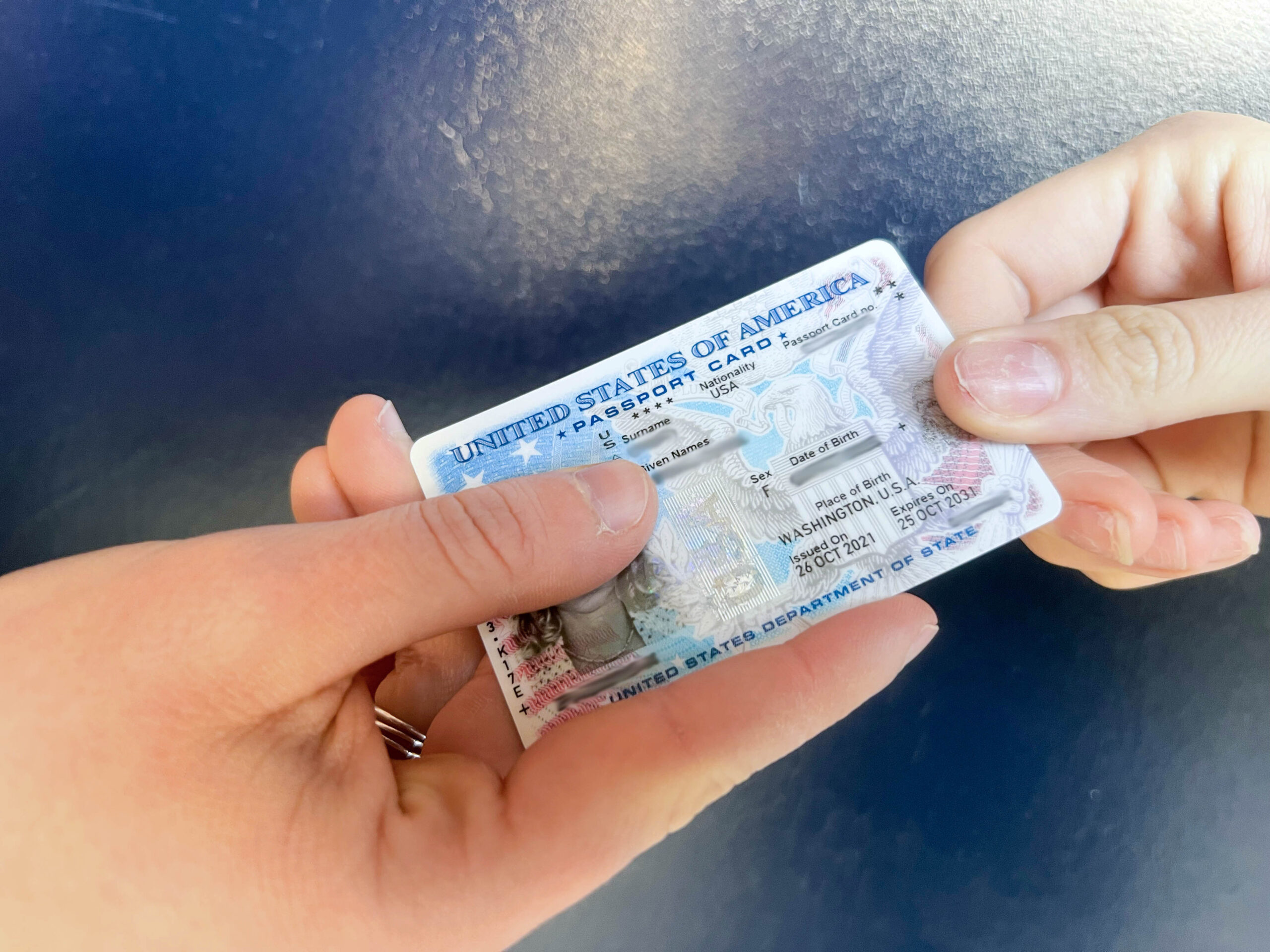Influenza outbreak overwhelms Rhody
Health Services has seen a recent uptick in visits as influenza swarms the student population. PHOTO CREDIT: Siobhan Richards
An increase in viral illnesses on and off campus has led the University of Rhode Island’s Health Services to deal with unprecedented demands, as more students than ever before have gone to them looking for treatment.
On Nov. 1, Health Services sent a message to students saying they had “opened as many appointments as possible each day.” Yet students were still experiencing a several day waiting period to receive care, according to the email.
The email said the majority of sick patients were positive for influenza, sharing common symptoms like respiratory issues, fever and worsening cough.
Ellen Reynolds, director of Health Services, attributed many of these cases to “Halloweek” activities.
“Likely, it was a product of some social gatherings for Halloween and some activities that might have put more people together,” Reynolds said.
Health Services adopted an “all hands on deck” approach to combat the strain on resources. Reynolds said that additional staff and capacity were needed to care for each student’s separate needs.
Although upticks in illness are common as the weather changes, influenza typically worsens in the colder months following URI’s winter break, according to Reynolds. She said that these cases hit campus earlier than expected.
“It’s very early,” she said. “A lot of our population may not have received a flu vaccine yet, or were in progress, so they might not have had some of the protection that they had in previous years.”
Dr. Chris Nasin, the medical director of Health Services, explained that the COVID-19 pandemic has played a role in protecting our immune systems for the past 20 months.
“We’ve been wearing masks for a year and a half now, so our immune systems haven’t seen a lot of viral activity,” he said. “Now we get back into communal and social environments, and all the usual [illnesses] come back.”
URI’s increase in flu cases comes alongside a country-wide trend. Ambulatory and respiratory care has skyrocketed in the United States since the beginning of this fall, according to Nasin.
Last year, URI experienced virtually no cases of the flu due to strict social distancing and masking in all URI settings, Nasin said. Health Services is still adjusting “back to normal” as these restrictions have loosened throughout the state.
URI received attention from ABC6 News regarding how this flu outbreak has affected Rhode Island as a whole. According to both Nasin and ABC6, URI is the first community in the state to see such high infection rates this year.
Nasin encouraged students to self-manage their illness or seek help at their primary care provider to assist Health Services in minimizing their demand. The University will continue to offer flu shot clinics throughout the fall and early spring semester.
“If you have an influenza-like illness, as long as you are not having any severe symptoms, stay at home and take medications that are helpful,” he said. “Students can come to the URI Health Services Pharmacy to get medications at low or no cost at all.”
COVID-19 cases have also increased across the campus community, with 70 positive cases among students, faculty and staff during the first week of November. As of Nov. 16 there were 23 positive cases, according to the URI COVID-19 tracker.
To prevent students from bringing illnesses home for the upcoming holiday, Health Services hopes that students will get vaccinated for influenza and COVID-19 and participate in surveillance testing in the Memorial Union.
“The message at hand are flu shots and ‘know before you go,’” Reynolds said. “Get your COVID test 48 hours before you plan to travel home. We want to make sure that your family can have the safest time possible.”
As of Nov. 12, both Reynolds and Nasin said that Health Services has controlled the massive request for services. Students can now schedule same-day appointments with doctors in the Potter Building.
Health Services hopes that the community will continue to take advantage of their care when needed.
“We are back,” Reynolds said. “We have availability if people need us, and we are here for them.”




